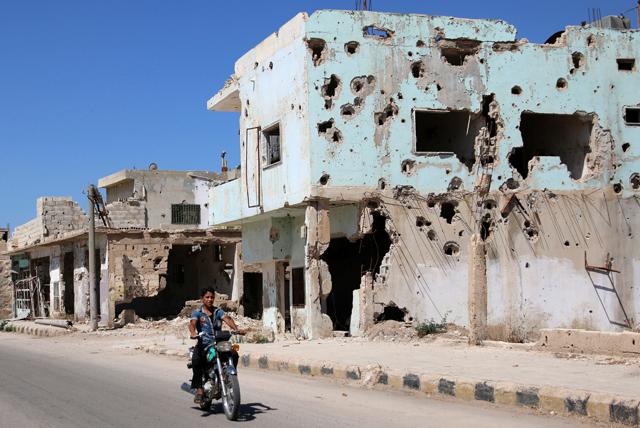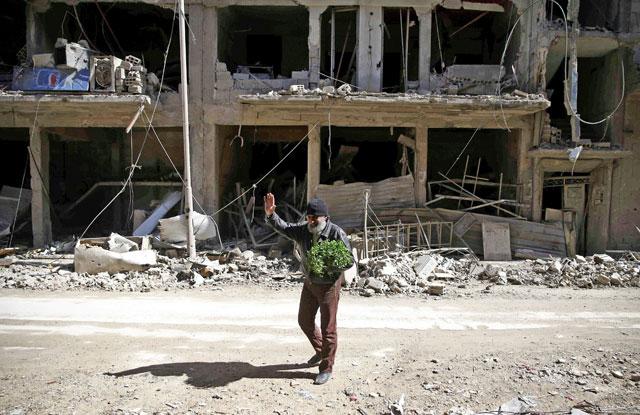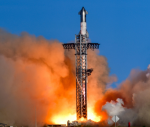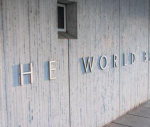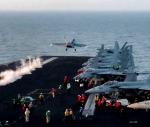You are here
After Russian delay, UN council okays probe of Syria gas attack
By Reuters - Sep 11,2015 - Last updated at Sep 11,2015
UNITED NATIONS — The United Nations Security Council on Thursday agreed to give a green light to launching an international investigation aimed at assigning blame for chemical weapon attacks in Syria, council diplomats said on Thursday.
The official start of the joint inquiry by the United Nations and the Organisation for the Prohibition of Chemical Weapons (OPCW) was delayed due to objections by Russia, which had wanted to expand the investigation to include alleged attacks by Daesh in neighbouring Iraq, diplomats said.
The council's authorisation comes in the form of a draft letter from Russian UN Ambassador Vitaly Churkin to UN Secretary-General Ban Ki-moon. A 12pm EDT (1600 GMT) deadline for council members to raise objections to the authorisation lapsed without any complaints, council diplomats told Reuters.
One diplomat said Churkin was due to sign the response letter shortly.
Speaking on condition of anonymity, UN diplomats said Iraq opposed having the mandate of the Syria investigation broadened to include its territory. Russia had raised other "technical" questions about the inquiry.
The Russian queries, one of which related to the investigation's financing mechanism, were clarified by Ban in a September 9 letter, which said a trust fund would be established.
Several council diplomats said Moscow was concerned the inquiry could end up confirming allegations by Western nations and rebels that the government of Syrian President Bashar Assad has repeatedly used chemical weapons, including deadly sarin and, more recently, chlorine.
Western governments hope the UN-OPCW investigation will assign blame to specific individuals that could be used someday to prosecute members of the Syrian government for war crimes.
But prospects for accountability appear remote. Russia and China have blocked for referral of the Syrian conflict to International Criminal Court.
Syria's government and rebels have denied using chemical weapons.
Western powers say Syria's government has been responsible for chemical attacks, including chlorine attacks. The Syrian government and Russia, a strong backer of Assad, accuse rebel forces of using poison gas.
Syria agreed to destroy its chemical weapons in 2013 in an effort to avert US military strikes threatened over a sarin gas attack that killed hundreds of civilians. The OPCW has since found chlorine has been "systematically and repeatedly" used as a weapon, though it is not mandated to lay blame.
A separate UN investigation had previously determined that sarin gas was used repeatedly in Syria to deadly effect, but that inquiry was also barred from assigning blame.
Related Articles
BEIRUT — The Syrian government has denied a UN report accusing it of a sarin attack in April that killed scores of people, state media said
AMSTERDAM — The world's chemical weapons watchdog opened an investigation on Sunday into attacks in the besieged, rebel-held Syrian region o
THE HAGUE — A preliminary report by the world’s chemical weapons watchdog said “various chlorinated chemicals” were found at the site of an



